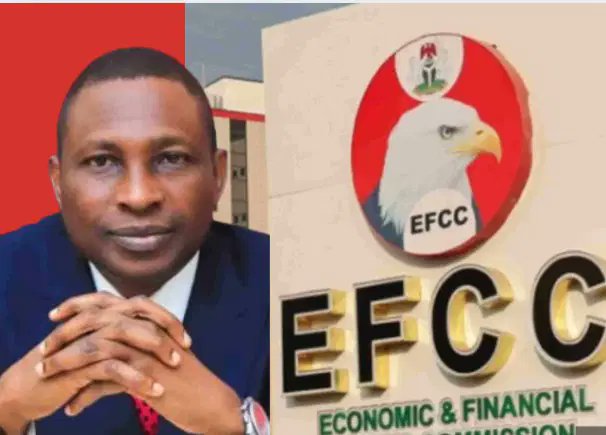
EFCC recovers ₦566 billion, $411 million, and 1,502 properties — Nigerians question transparency of asset recovery

Nigeria’s anti-graft agency, the Economic and Financial Crimes Commission (EFCC), says it has recovered a staggering ₦566 billion, $411 million, and 1,502 properties within the past two years — a revelation made by EFCC Chairman Ola Olukoyede during a press conference on October 23, 2025. The figures, confirmed by reputable outlets including Vanguard and The Sun, represent one of the largest recovery announcements in the agency’s recent history.
According to Olukoyede, the recovered funds and properties have already been remitted into the federation account, signaling what he described as “a renewed phase of institutional accountability and restitution.” The assets, he said, stem from corruption cases, forfeited properties, and proceeds of financial crimes tracked across both public and private sectors since his assumption of office.
To put the numbers in context, the ₦566 billion recovered represents approximately 1.5% of Nigeria’s ₦38.6 trillion 2024 federal budget — a substantial sum that underscores both the scale of corruption and the EFCC’s ongoing efforts to trace stolen wealth. Yet, the announcement has sparked more questions than celebration.
In the aftermath of the press conference, replies under posts about the disclosure on X (formerly Twitter) have been flooded with skepticism and frustration. Many Nigerians questioned the authenticity of the recovery figures and the lack of publicly accessible documentation. “Until we see a gazette publication listing these recoveries and where the money went, it’s just another press story,” one user wrote. Others demanded clarity on whether the funds were used to reduce national debt or support key sectors such as education and healthcare.
Critics also noted that while the EFCC frequently announces large-scale recoveries, transparency in post-recovery management remains weak. Past controversies — including the mismanagement of forfeited assets and conflicting recovery reports between agencies — have deepened public distrust. Civil society groups are now urging the commission to adopt real-time public dashboards showing asset recovery, disposal, and reinvestment in national projects.
Observers say the development reflects a broader dilemma in Nigeria’s anti-corruption framework: high recovery figures but limited structural reforms to prevent the re-emergence of looted funds. As the country continues to borrow heavily to finance its budget, critics argue that “recovered billions” lose meaning if systemic loopholes enabling corruption remain untouched.
Despite the doubts, Olukoyede reaffirmed the EFCC’s commitment to transparency and hinted that future recoveries will be subject to enhanced public accountability mechanisms. However, without tangible proof of where the billions go, many Nigerians remain unconvinced that the fight against corruption has moved beyond headlines.
— Busterblog.com

